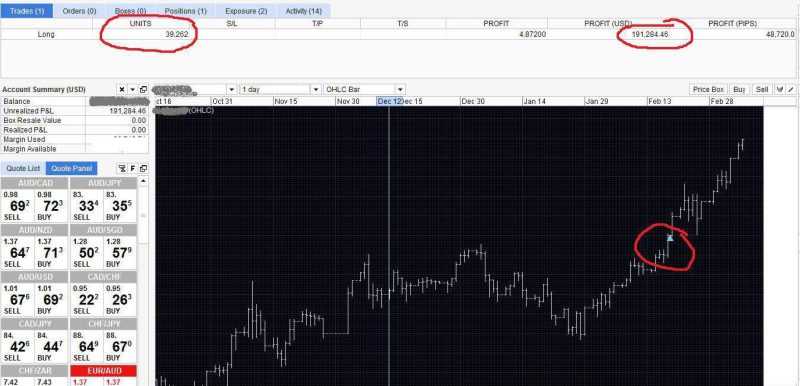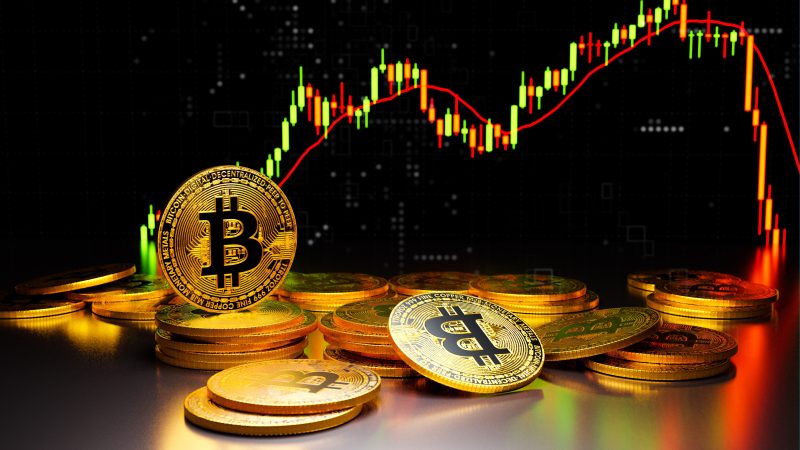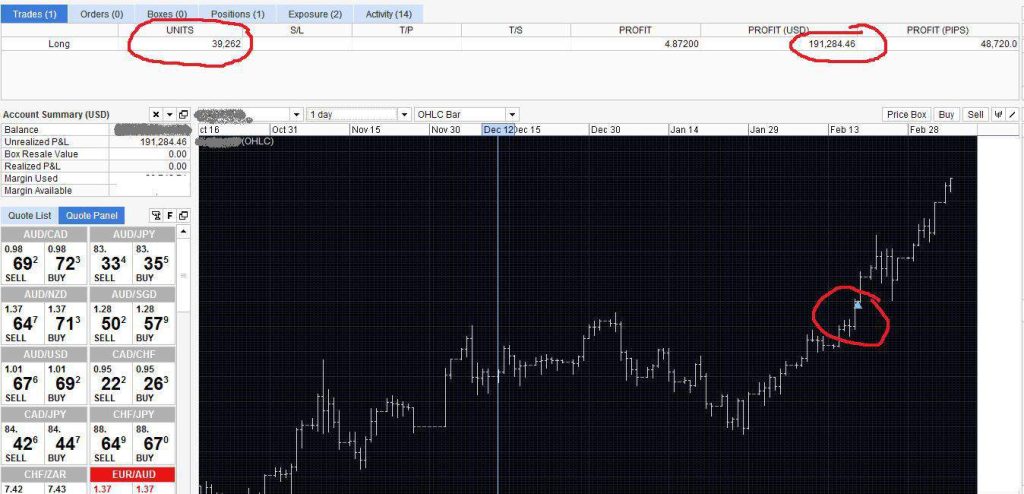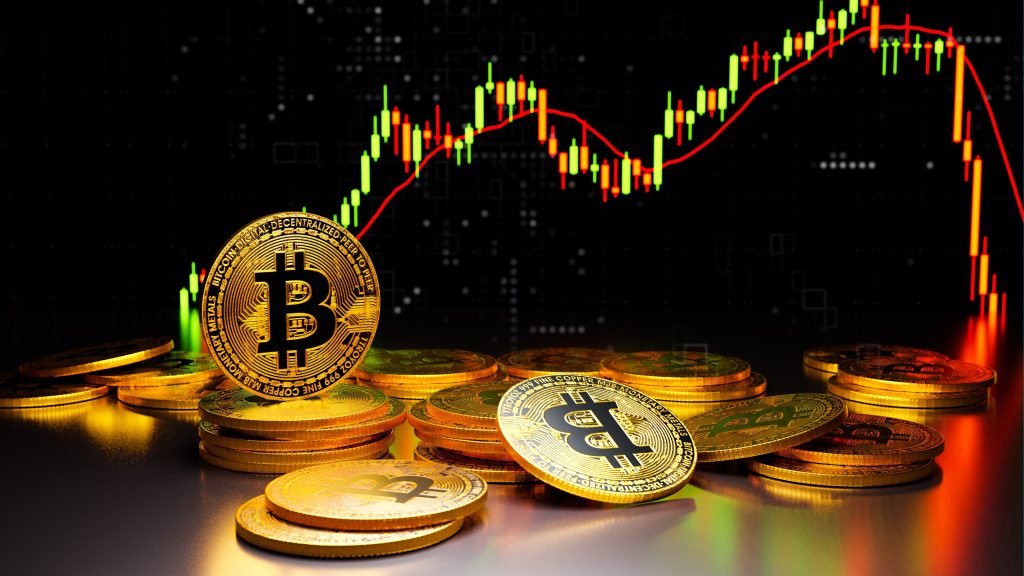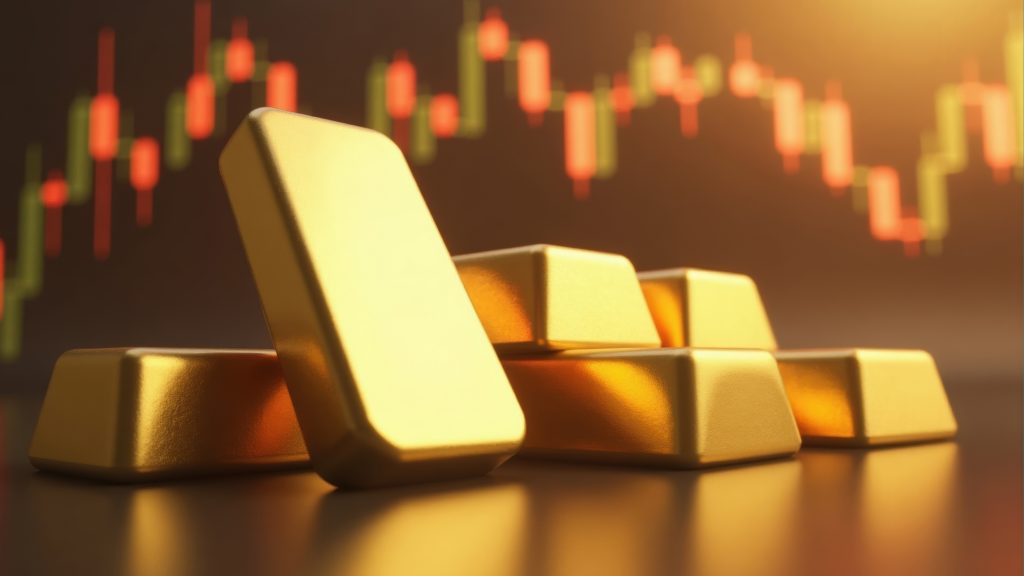Forex Trading for Amateurs: Everything You Need to Get Started
What is forex trading? How does it work? Forex trading, by and large, means the trading of currencies. With the word, ‘forex’ drawn from foreign exchange. So it is no surprise that this large decentralized market determines the foreign exchange rate of all currencies. We’ll talk more about this later.
Several individuals have been attracted to this business because of promises of a large return. For some stock market investors, forex trading offers an opportunity for diversification. Whatever reasons may have attracted you, set your mind up for the not-so-simple process of trading. This of course isn’t to scare you but to be as frank as possible. Never mind that several sites try to deceive you into thinking otherwise.
Learning the Ropes of Forex Trading for Amateurs
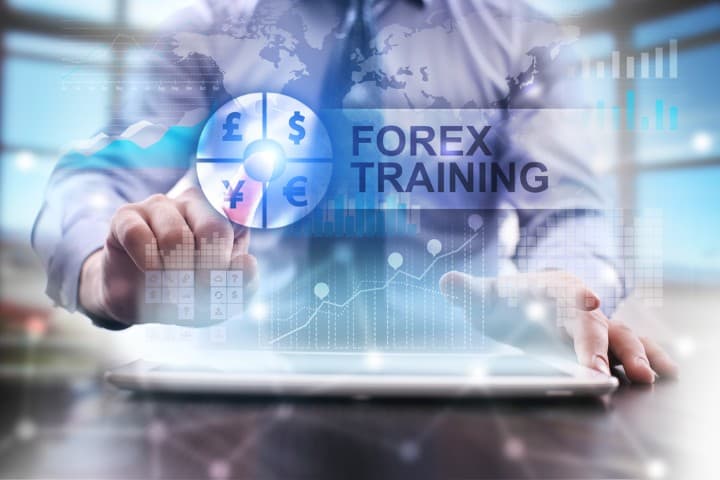
Most of the time, the internet is not merciful to forex trading for beginners. How? They come online and almost everywhere there are promises of a quick return in the easiest way possible. So you’ll find that beginners tend to lose all of their capital at the early stage.
A lot of poor training and learning can be attributed to this too. It is no secret that some of the free materials provided online are inadequate for a wholesome learning process and neither do they tell the whole truth. Some have even gone ahead to offer training that would help you learn how to speculate on the forex market. Best believe it, this only enriches their coffer.
In this article, I would be taking you on a seamless journey off all you need to know to set the ball rolling as a forex trader. Herein, contains all the basics you need to master in other to perform outstandingly in your forex trading adventure. Sit tight the best is yet to be unveiled.
Forex trading; One at a Time
Contents
- What’s all the fuss about learning forex trading anyway?
- Are You a Forex Trader, investor, or Speculator?
- Liquidity in The Forex Market. What Does It Mean?
- What Is Forex Trading?
- How Come People Lose Money on Forex?
- Forex Trading: Where and How Do You Start This Process?
- Forex Trading. What Are Some Positions to Trade?
- How Do You Understand The Basics of Forex
- How do you create your forex plan for beginner Investors?
- Where are can you find free materials, books, Trainers, courses about forex?
- Conclusion
What’s all the fuss about learning forex trading anyway?
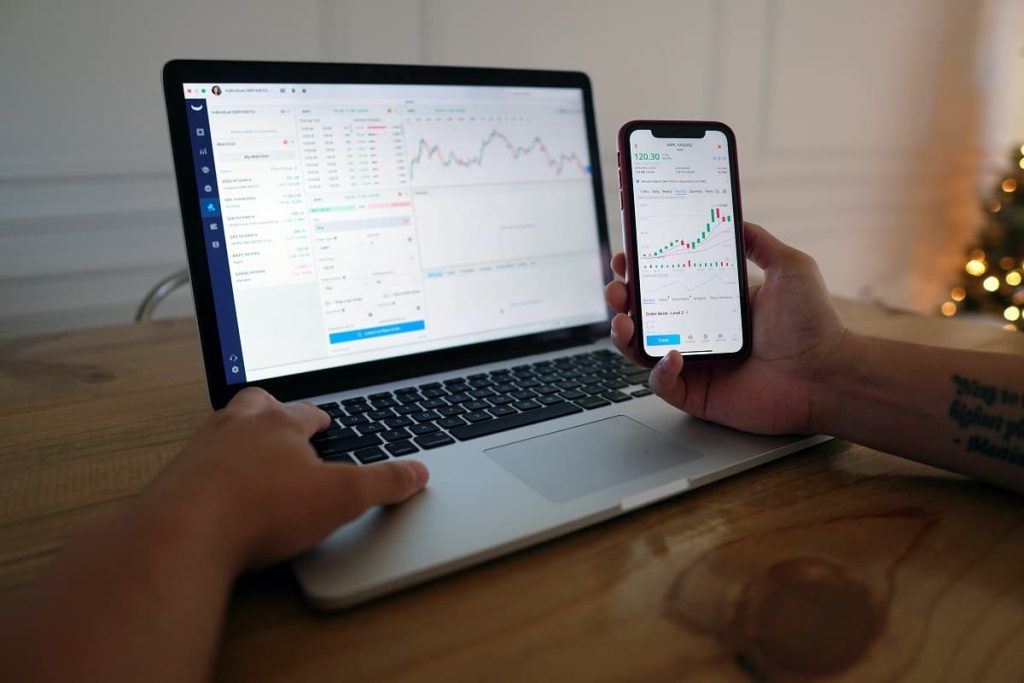
I like to advise people to think of forex trading not just as a pastime but as a profession. Why is this so? I discovered that with this mindset, you're less likely to make rash decisions while trading. Another reason is that you’re more likely to invest a lot of necessary time in learning the art of trading. This is very paramount because like other professions, the art of trading needs to be properly studied in order not to make terrible mistakes.
One important thing you should understand at the start of your journey is this; you make earnings at the expense of the other party. That is to say, your gain means a loss for the other party and vice versa. You often know little of the other side of the market because forex trading is anonymous. The financial market as a whole is a negative-sum market because a stockbroker must charge a fee for mediating any transaction.
Are You a Forex Trader, investor, or Speculator?
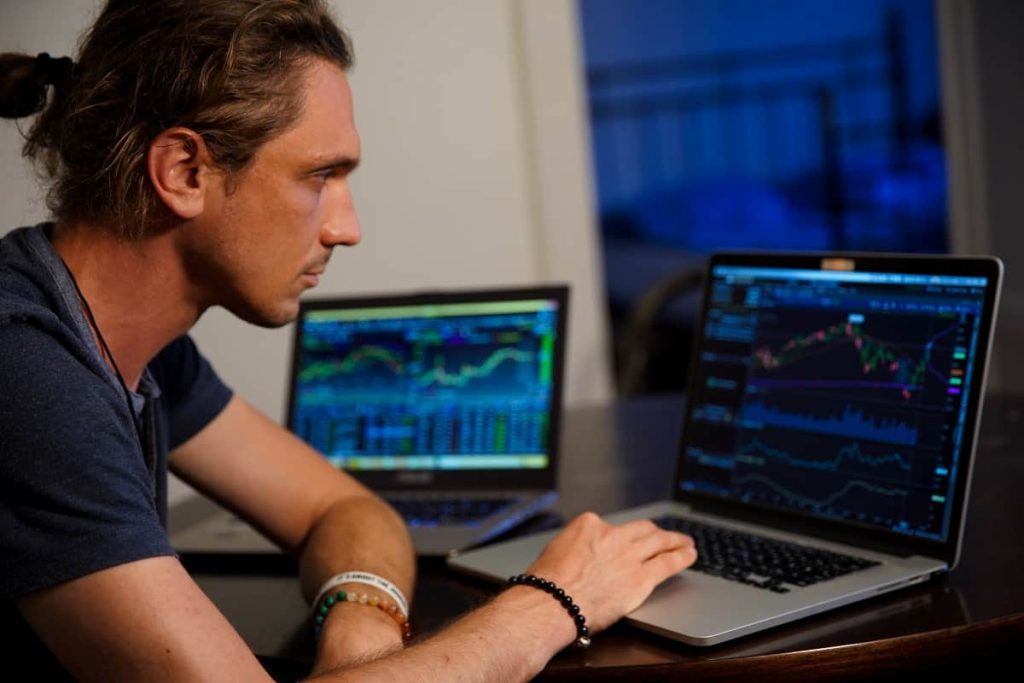
It is often not clear cut where you fall as a beginner. For most people, this decision is a hard one to make. Even though it is not very glaring where you should place yourself, some things can help you make that decision. Try analyzing long term trends on currency pairs through the central banks’ action. Also, do not hope for an easy and large win. This makes you as good as any investor can be. Be wary of all these free learning sites that make you believe you can only make huge cash in the short term. Trust me, you do not want to be among the hundreds of beginners that had to face the dire consequences of this advice.
However, when you trade in the short term, your forex market’s analysis will be less tasking and less critical. The only thing of real consequence is your technical analysis of charts. You should also do well to make decisions based on your findings from the macroeconomic calendar.
When you decide to thread along these short term routes, you automatically make yourself a trader or a speculator. I know that in the United States of America, the term speculator is often considered derogatory. However, I think we can set our own rules, after all, our country only has a recent history in the capital market. A history that starts somewhere in the 90s since the inception of the free market. For some, this means bad prospects for beginners, but I beg to differ.
So what’s the importance of a speculator? Where does he fit in the grand scheme of the economy? This is simple. He acts as a risk bearer because a lot of participants in the economy are not willing to shoulder that risk. Let's see one practical example. Imagine you are an exporter and you want to export goods to America. Because you want to make a profit on your product despite the exchange rate of the dollar, you get a speculator to bear the risks for you. A risk he will gladly bear. Because the more of these transactions he makes, the more his profits. It also does wonderful things to his liquidity rate.
Liquidity in The Forex Market. What Does It Mean?
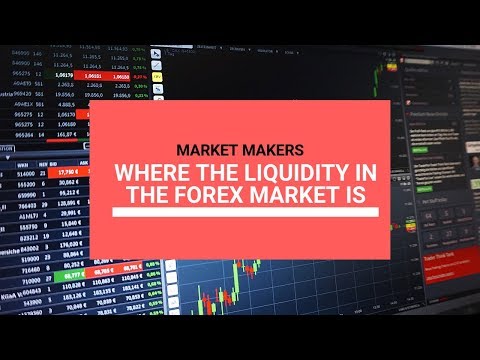
Liquidity in the forex market essentially means that a currency pair can be traded. So when the liquidity rate is high what does it mean? It shows that a currency pair can be bought or sold in huge amounts without their exchange rates being disrupted. This data is gotten from the foreign exchange market scale. It gives you the freedom to take up transactions at any time.
What Is Forex Trading?
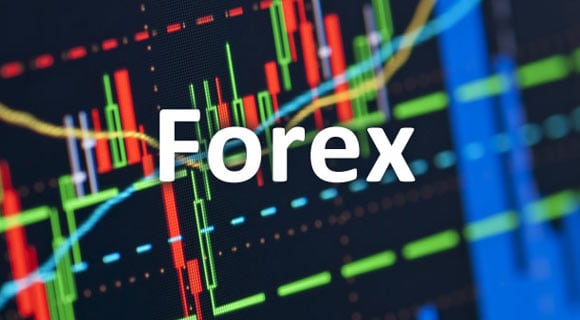
Let’s take a nosedive into the concept of forex trading. As I said earlier, forex trading meaning involves the trading of currencies. This exchange occurs on the international front on a platform known as the foreign exchange market. Is forex trading profitable? Yes! It would interest you to know that this forex market is the largest market in the world with returns reaching the tune of trillions of dollars daily.
These excess returns make the forex market very LIQUID. This liquidity provides you the privilege of making transactions with ease. It also makes that the currency rates are affected only a little or not at all no matter the magnitude of your transactions.
One other important point to note, the forex market has no single body directing its affairs. This is because the forex market is DECENTRALIZED. This comes with its merits and demerits.
Merits
• One very important merit? You have the liberty to trade at all hours of the day for five days a week! Unlike the United States’ stock market, which operates only at specific hours of the day, you have the liberty to trade at any time. For instance, you cannot take a position on Apple stock in the evening only in the morning hours.
How are you able to trade at all hours of the day even though the US stock market is closed? It because you can easily trade with an investor say for instance, in Australia or Asia. Your stockbroker affords you the ability to trade with any client.
• Still, on the plus side, you can trade both upwards and downwards unlike what is obtainable in the stock market.
Demerits
• On the downside, the availability of several brokers causes the odds of financial instruments to diversify. Though this may not be considered significant, in the short-term trading world, it is significant.
In the forex market, transactions are made on prominent currencies like the Euro, Dollar, Pound, Franc, etc. However, you have to remember as I said earlier that transactions are done in currency pairs. This means that if for instance, your technical analysis says that the Pound exchange rate will increase, it is left for you to decipher the other currency that it will appreciate to.
Let us look at an example. If you take a strong position that the EUR/CAD pair will increase, you will make your money when the Euro increases. This is pretty much everything about trading.
How Come People Lose Money on Forex?
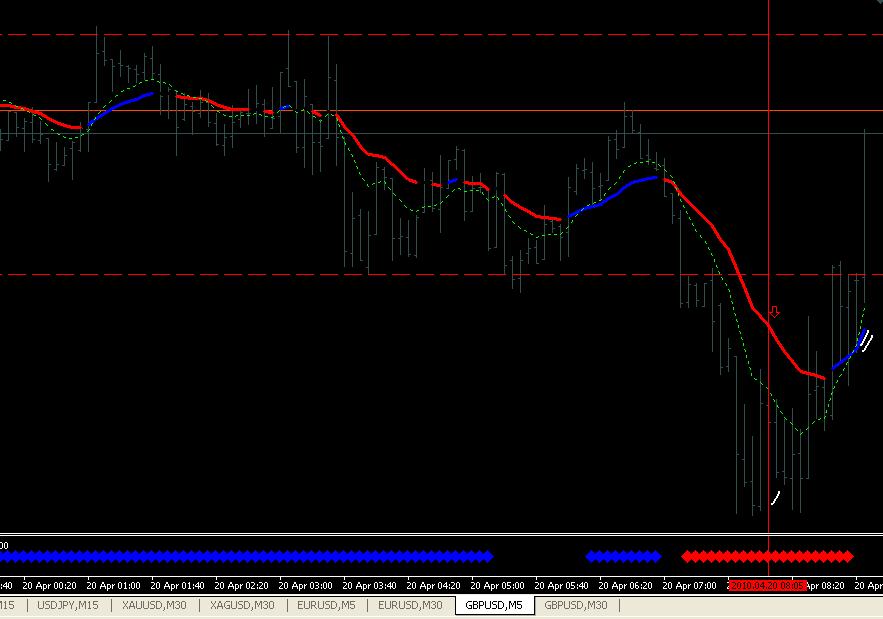
A lot of amateurs stand the risk of losing their capital in trading by not understanding the concept of risk reward ratio. This is so common that statistics has quoted a figure of about 80%. 80% of amateur traders lose their investment capital in a year!
But do not lose heart, this simply is a problem of ignorance with knowledge as its solution. A lot of early traders have been brainwashed with the vision of huge returns in a very short time frame so they make greedy decisions that ultimately lead to a loss. It is my hope that you do not join the multitudes of beginners who think this way, instead, you invest your time wisely by learning the process very well. Next stop, let us now study some of the basic concepts in forex trading.
Fundamentals of Forex Trading: Basic Terms in Forex
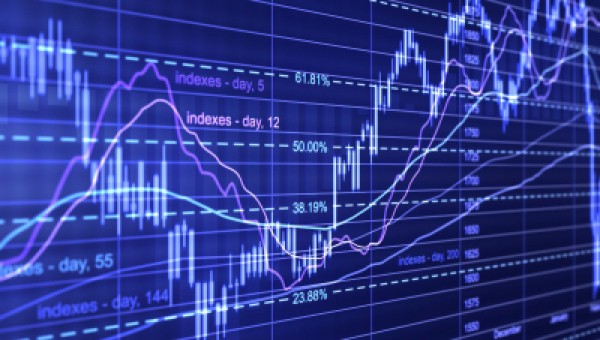
There are some forex trading basics. The knowledge of these terms will enable you to grab the concept of forex trading a lot faster. Here are the three basic terms:
• Pips
• Leverage
• Lot
Pips
The word ‘pips’ is derived from the phrase ‘percentage in points.' It explains the level at which a set of currency pair has changed in its exchange rate. This value is gotten from the fourth figure after the decimal point. The only exception is with a Japanese currency pair where the pip is derived from the second figure after the decimal point. Here's an example, if the EUR/CAD rate has increased from 1.1023 to 1.1024 this implies that the EUR/CAD rate has increased by one pip.
If you have made a position of 1 lot, the increase in the pip by one means your gain will be worth $10. However, you should understand that one lot is a huge amount for a beginner. You ought to start your trading journey by working with mini, micro, or nano lots. This is of course if your stockbroker offers you the privilege of doing so.
Lot
A standard lot is the equivalent of 100,000 units of the base currency in a forex trade. What is a base currency? A base currency is the first currency in a currency pair. With this currency pair, EUR/USD the Euro is the base currency. So from our definition, it means that a lot is expressed as a value of the base currency. For instance, if you make a position of 1 lot on the EUR/USD currency pair, your position is worth 100,000 euros. I should also add that the second currency in a currency pair is known as the quoted currency.
There’s some value in recognizing that the EUR/USD currency pair is the most common currency pair in the stock market. It is responsible for about 28% of all transactions in the forex market! You want to keep this at the back of your mind when you start trading.
In summary, this means that a position of 100,000 units is made on the base currency when you open 1 lot on the foreign exchange market. Because, trading on forex, you do not trade with only a single currency, you trade with several currencies. In essence, with 1 lot you're buying 100,000 units of Euro for the Dollars. This amount may be shockingly huge for some, but here’s where leverage rears its head.
Leverage
Leverage is the process of using borrowed funds to increase your trading position when you do not have sufficient funds in your cash balance. This way, traders can make a profit from comparatively little price changes in currency pairs. On the other hand, if you make a loss it greatly magnifies it because of your leverage.
For instance, if you have a leverage of 1:100 it gives you the added advantage of controlling your capital 100imes more than you already do. This means that if you have a position of 1000 CAD you can manage a position to 100,000 CAD. What does this mean for your earnings? It means that with as little as 1 percent change say to 101,000 CAD your earning will become 1000 CAD. This a 100% Increase. However, if you bet the opposite of what happens, you lose with the same magnitude.
It seems like we are blowing things out of proportion because you do not have to use all of your money in one transaction therefore your loss/gain would be far lesser than I have described. Also, you can open positions in smaller sizes. There are mini (0.1), micro (0.01), nano (0.001) lots that you start trading with as a beginner.
This article is written based on current legal issues on ground now, however, this may change in the nearest future. Take, for instance, Between 2014-2019 several talks about leverage have died down. Ten years before now, leverage of 1:500 was not binding on any trader. Meanwhile presently, the standard leverage is 1:30. These changes are made by overseeing institutions that regulate the way things are done. They are made most definitely in the interest of new investors to shield them from excess risk.
Trading in Forex: Where and How Do You Start This Process?
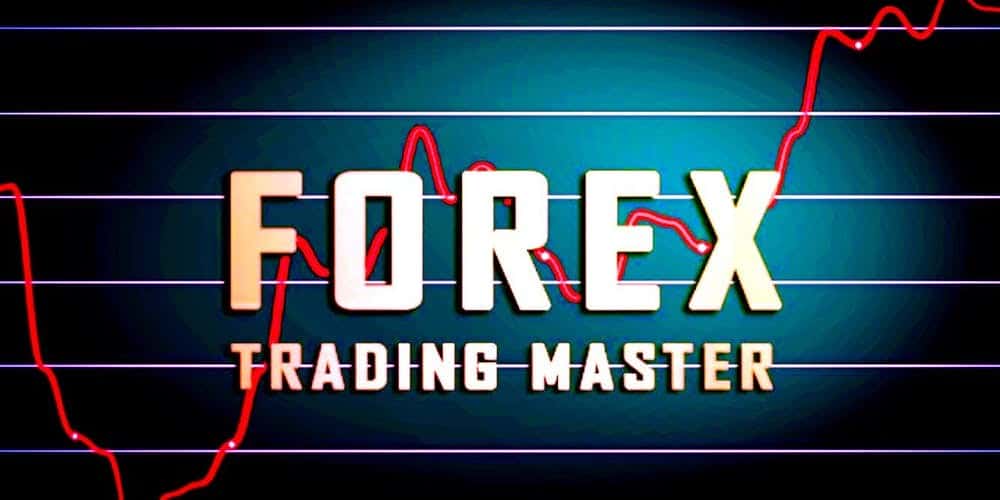
The best place to start your trading journey is from the navigator of a demo account. A demo account gives you the feels of a real account. You learn to prune your trading skills on this platform and possibly boost your confidence for the journey ahead.
A demo account is everything like a real account, only that with a demo account you trade with virtual currencies. Even though it does not give you the emotions attached to real trading, you’re better able to familiarize yourself with trading despite attending a trading school. After you have finished with a demo account you should then move on to a real account.
In a real account, you should start from a small forex account. That is, you should trade only with small amounts of money. Do not be greedy and think that you should make huge returns within a short time. Start small and with due diligence, your returns will increase. Always remember that starting with a demo account will make everything easier. You can open a demo account here
Forex Trading. What Are Some Positions to Trade?
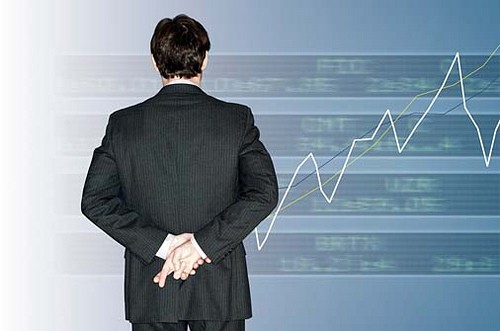
The journey of a thousand miles begins with a step. Same way, you should start your trading journey only with small amounts. You should begin with the smallest amount your broker allows. There are micro, mini, and nano lots you could start with. With a micro lot, a change of 1 pip will effect a difference of $0.01, with leverage of 1:100. This is a small amount so it is good to start here as an amateur.
How Do You Understand The Basics of Forex
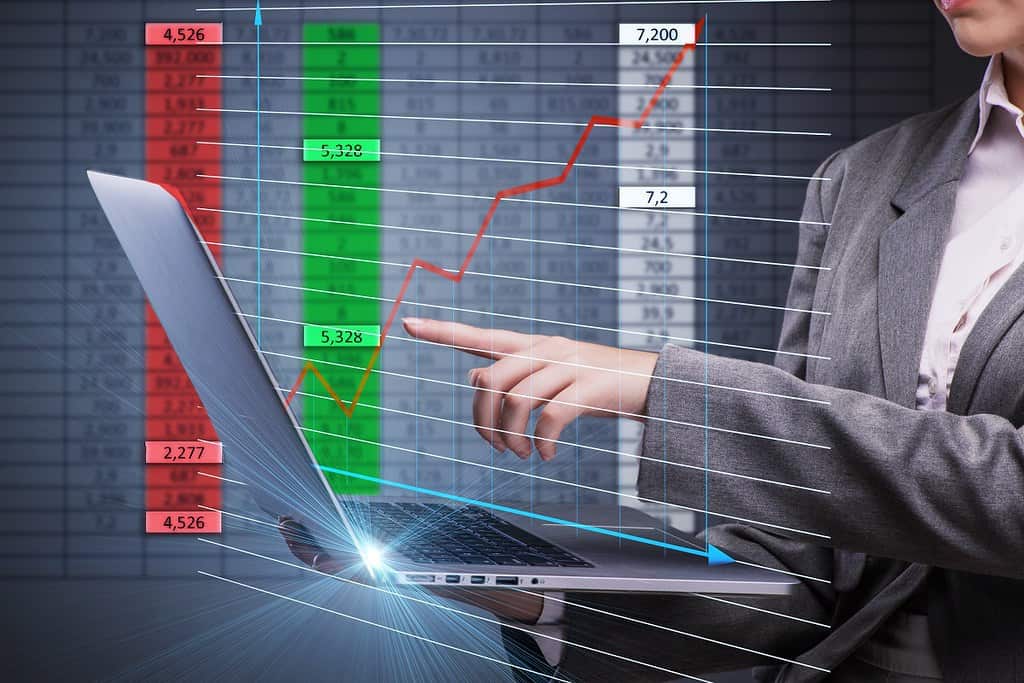
The basics of forex have been explained in the previous chapters. The onus lies on you to take a step further and practice everything that has been thought in this article. If you adhere to everything I have taught hook, line, and sinker, you should be good to go. The totality of the basics of forex trading involves understanding lots, pips, positions, and leverage. This is the entirety of your education.
How Should Beginner Investors Create Their Forex Plan?
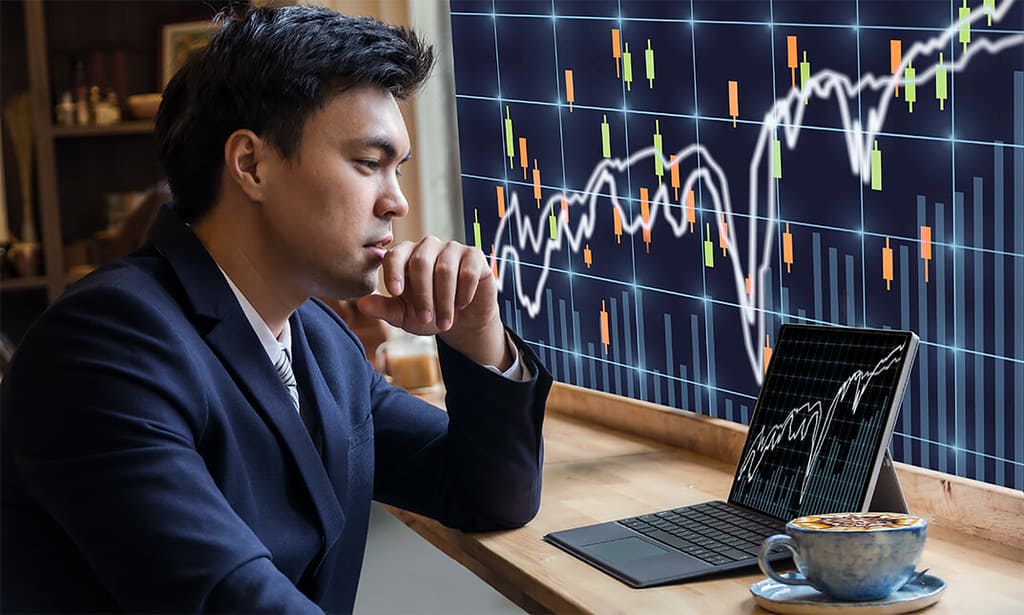
As a beginner, you should map out all your plans and forex trading strategies for the long run. This is because there will be many mistakes and lessons along the way. Writing down everything you do will enable you to learn from your mistakes and never repeat them.
Your plan will enable you to analyze how far you have come and how you were able to scale through difficult situations. Write down your thoughts and how you feel at every step. Your plan will not be very effective at the beginning but it will improve with time.
Some of the things to include in your plan are:
• Why you opened positions
• Why you closed positions
• How closing a position and opening an order made you feel
• What the current analysis of your situation looks like
Should You learn via free materials, books, Trainers, or online forex trading course for forex?
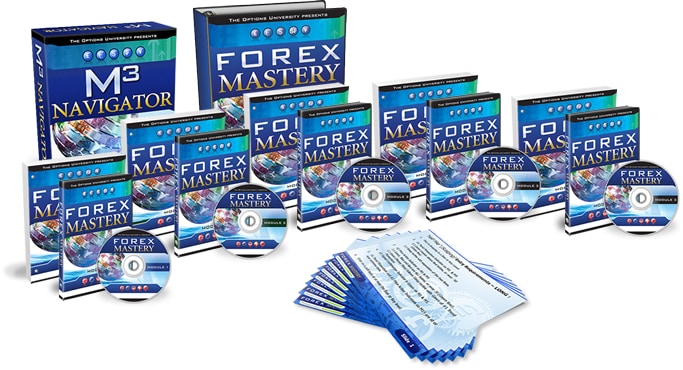
The internet offers a variety of platforms to learn about forex. Your learning can come in form of books, free materials, trainers, and full fledge forex trading courses. The internet is filled with several of these instruments.
At the start of your journey, you can make use of the free materials available online. Such as Babypips. This is because they provide you with offhand basics for forex trading. When you have gone through the basics, don’t be too excited thinking with the teachings from the materials you have learnt for free, you are able to make money trading forex. If that is the case, everyone will be rich.
After this, you can then search online for forex mentors and coaches that teach proper forex trading tutorial. Do not just select any trainer you see on the internet, check their portfolios to know if they will be competent enough to teach you all you need to know. Examine their forex trading records and students reviews to know if they offer the right forex trading course for you. If you get stuck with a wrong trainer, you will be wasting not only the time spent learning some system that doesn’t work but also money blown while trying out their system.
The conclusion to what is forex trading and how does it work
As a beginner, all your energy should be directed towards getting as many experiences and knowledge as possible. Wherever you can gain access to these, do not waste the opportunity. Trust me, all your knowledge and wealth of experience will pay off big time. Do not be quick to rush into real trading, many have done this with bad consequences.
Always write your plans and do not be tempted to stop writing them when you have achieved a measure of success. Your plan is like your own personal compass that directs you on the right actions to take.





